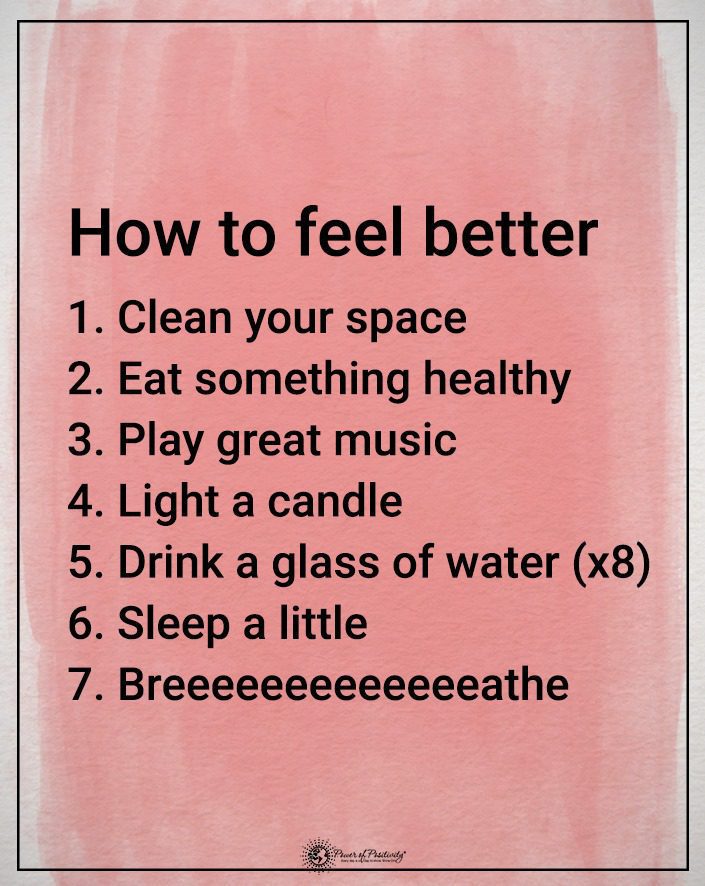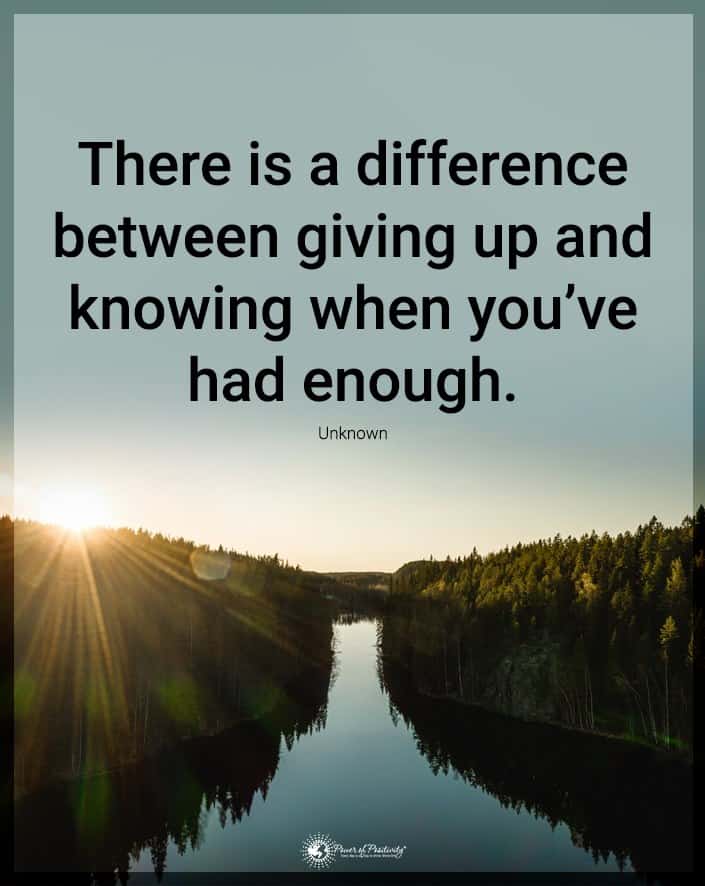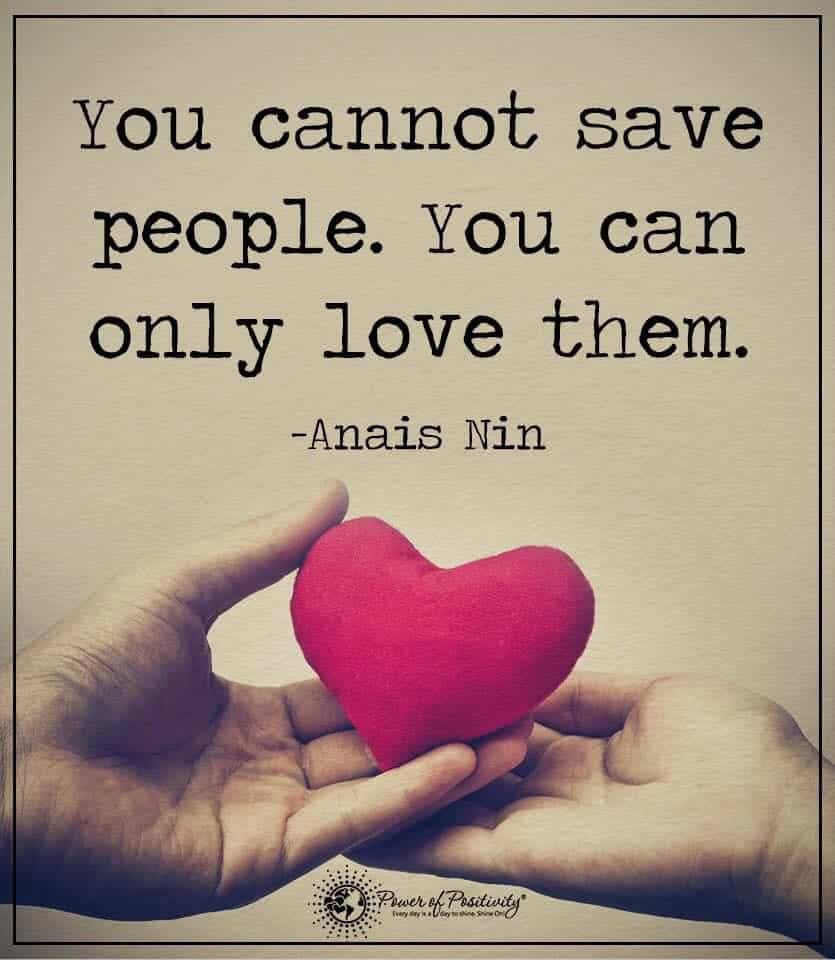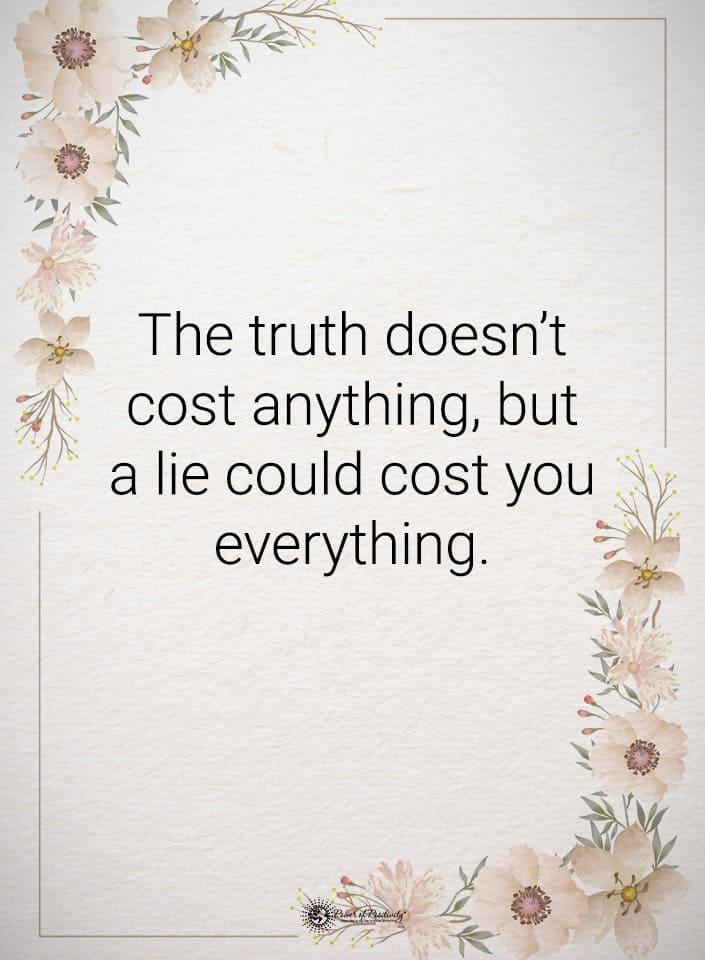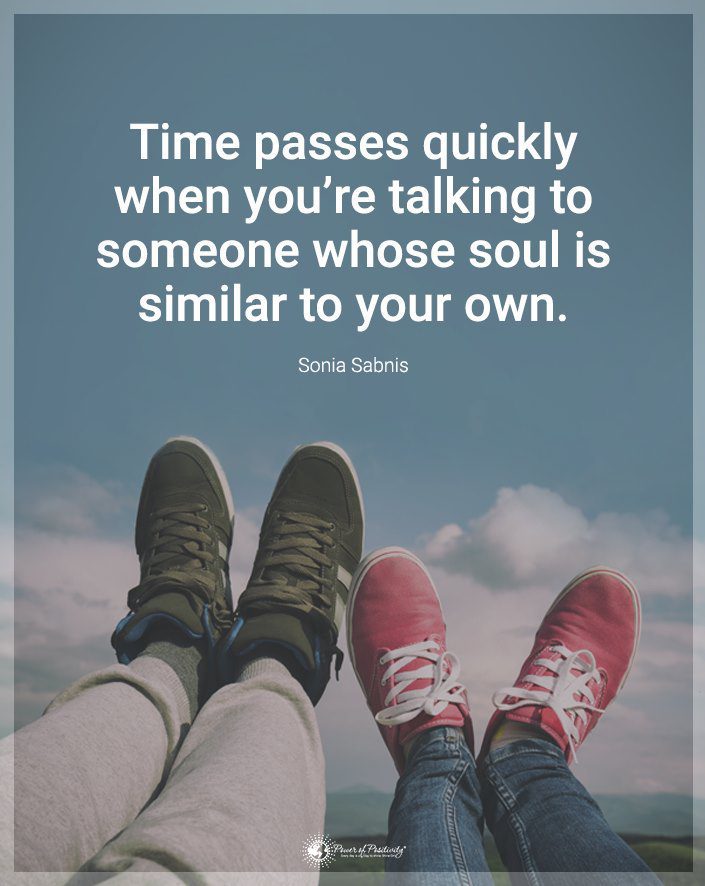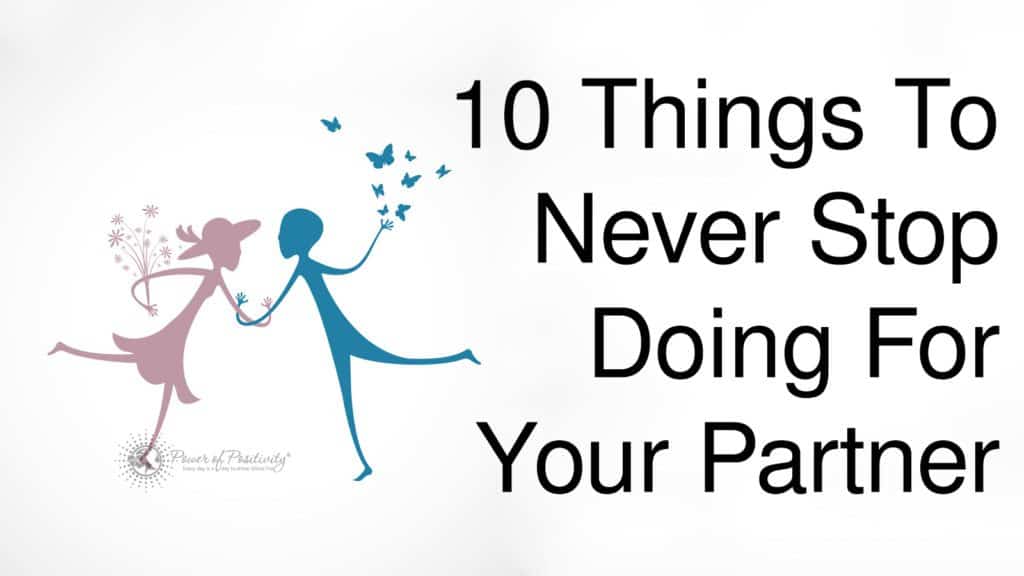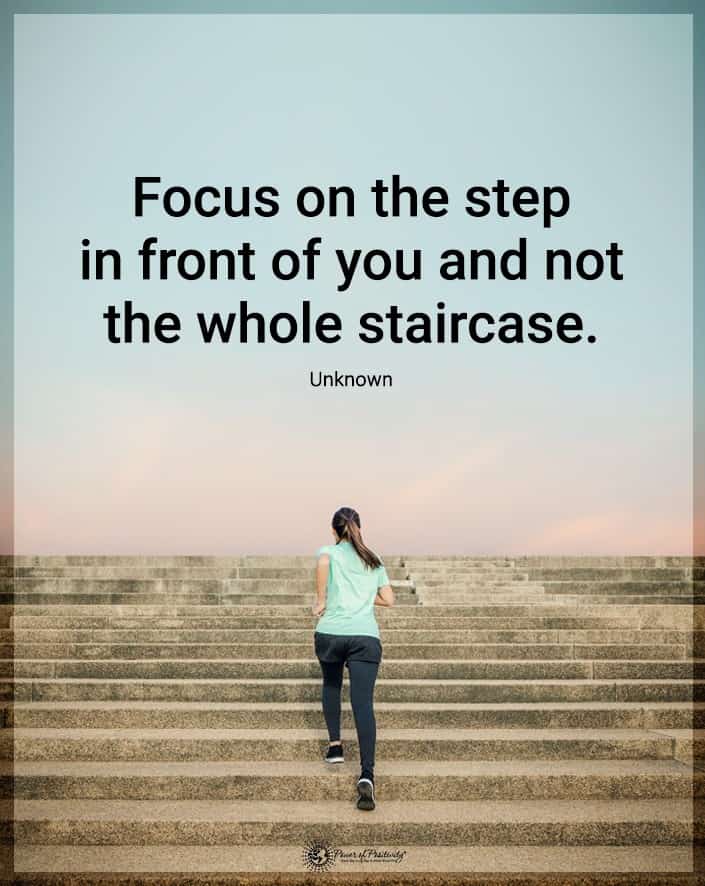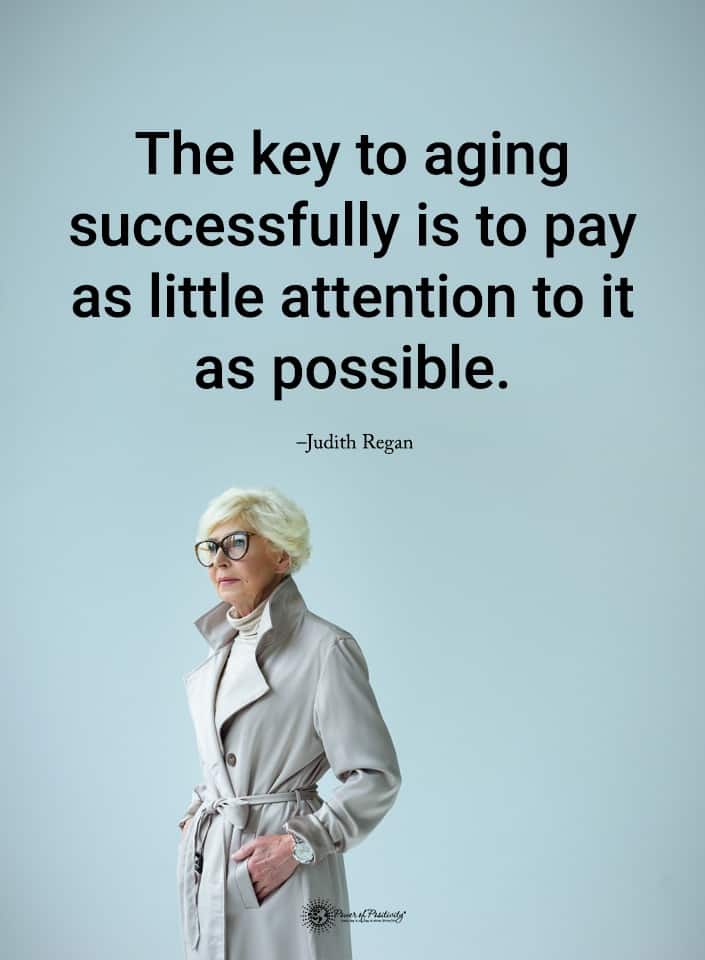Many of us don’t think twice about how much water we drink per day. But we ought to pay more mind to this very important element. We are composed of 50-75% water and need to drink a half ounce to an ounce for every pound we weigh.
Despite that, a shocking 75% of Americans suffer from chronic dehydration, according to a report by CBS. Other reports say that 25% of kids and teenagers don’t drink ANY water as part of their daily fluid intake, another shocking statistic.
Unfortunately, many people grab something quick and easy while they go about their daily routine, and prefer a sugary drink such as a soda or syrupy coffee drink to boost their energy. These drinks do nothing for our bodies nutritionally, yet so many people around the world choose these over water as their preferred beverages. By drinking only water, however, you can improve your health dramatically, and may even shed a few pounds in the process!
According to a study published in the Journal of Clinical Endocrinology and Metabolism, drinking 17 ounces of water increases metabolism by 30% in both healthy men and women. Their metabolism peaked thirty to forty minutes after the subjects consumed the water.
We found yet another study to prove that drinking water can help to reverse health problems and trim down the waistline. Researchers from the University of Birmingham in the United Kingdom conducted a 12-week experiment in which they coached 84 obese adults on weight loss and placed them in one of two groups. The first group drank 16 ounces of water 30 minutes before their meals, while the second group simply imagined feeling full after their meal. The result? The first group ended up losing three pounds more than the second.
These Things Happen To Your Body When You Drink Water Every Day For 30 Days
In addition to losing weight, you can enjoy many other benefits from drinking more water a day. We’ll discuss some of these benefits below.
1. Your skin will feel more hydrated.
One of the biggest signs you’re dehydrated appears on your skin, believe it or not. By drinking more water, your body will have a chance to eliminate toxins, which will result in brighter, clearer looking skin. Not drinking enough water results in dry, parched-looking skin, because the toxins build up over time, causing us to look older and more fatigued.
2. You will have less joint pain.
Since your body’s cartilage is composed of nearly 80% water, replenishing hydration lost through sweat will keep your bones and joints functioning properly. Water keeps joints lubricated in order to protect the body during strenuous activities or unexpected movement, such as falling or tripping. So, if you have joint pain, drinking only water for thirty days can help with this troubling issue.
3. You’ll have more energy.
Water brings oxygen into the body. The more oxygenated your cells, the more alive you will feel. However, if you don’t drink enough water, your body relies on your blood to obtain oxygen, which therefore will make you feel more sluggish and lethargic. So, drinking more water will increase your vitality.
4. You will get to know your hunger cues better.
Hunger and thirst cues come from the same part of the brain, which may explain why so many people overeat since we haven’t really been taught how to differentiate these signals. As you up your water intake, you will likely notice that you have a decreased appetite, since water fills up your stomach and nourishes your cells just like food does. However, if you still feel hungry after drinking adequate water, then you know you need a bite to eat, as well.
5. You’ll have lower blood pressure.
Dehydration causes the blood to become thicker, resulting in slower blood flow and higher sodium content in the blood. However, hydration, on the other hand, allows the blood to flow more quickly, which lessens your chances of having high blood pressure.
6. And lower cholesterol.
Being dehydrated means that your body will hold onto any water it can find so you don’t lose even more. In this study, fifteen people completed a fast under two different circumstances: once without fluid replacement, and another with salt and water supplementation. The researchers found that when the participants fasted with no fluids, their total serum cholesterol levels were much higher than when they had a saltwater supplement. While most people still drink water during a fast, drinking sugary, nutrient-lacking drinks in place of water throughout the day can cause dehydration, and therefore, higher cholesterol levels.
7. Your digestion will improve.
Water helps to move things through our digestive system and cleanse the colon, but without enough water, the body doesn’t digest food very smoothly, leading to digestive problems. When the body is lacking fluids, the large intestine soaks up the water from the foods you eat. This increases the likelihood of constipation, acid reflux, ulcers, and other digestive issues.

8. Your headaches will disappear.
Dehydration actually causes our brain tissue to lose water, resulting in the brain shrinking and pulling away from the skull. In turn, this sends alarms to the pain receptors surrounding the brain, which gives you that nasty midday headache. Being dehydrated decreases blood volume, which means less blood and oxygen will flow to the brain. The blood vessels in the brain dilate to keep the blood flowing. As a result, people experience inflammation and a pounding headache. Unfortunately, too many people are too familiar with this. So, by drinking more water, you will experience less headaches, and therefore, have greater mental clarity.

